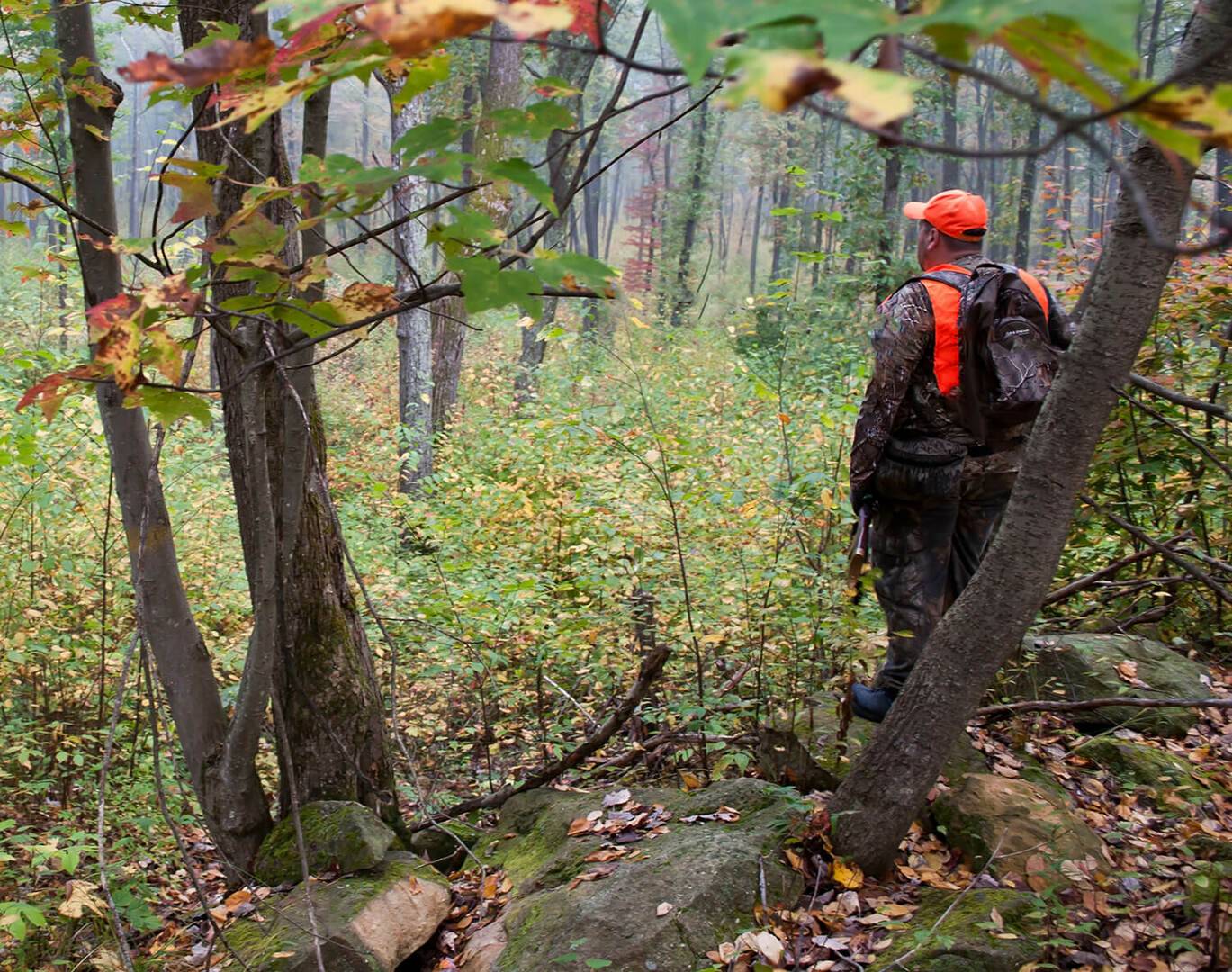Hunt without Smelling Like Work

Hunt without Smelling Like Work
In a past life I worked as a science teacher. There are many things that make teaching a unique working experience- very little peer interaction, your homework is grading homework, your life is run by bell schedules, and the most unique aspect of all- that familiar school smell. Every school has its own fragrance, and it lingers on you like B.O. clings to a freshman P.E. uniform.
When I was teaching I knew this reality all too well, but it didn’t stop me from going straight from school to the deerstand. And if your workplace has its own brand of smells you shouldn’t be afraid to do the same. Here’s how.
Scent Basics
Smell is a chemical detection and interpretation sense (see, I told you I was a science teacher). Mammals like us and deer possess olfactory receptors that detect the presence of numerous different chemical compounds present in the environment. Just like the office smell, and the home smell, and the car smell become normal and expected to us, the same is true for where deer spend their time. When a new smell is introduced to these predictable environments we take notice and start investigating as to what the source of the new chemical may be.
For most of us North Americans we no longer live in the presence of maneaters, but predation is a constant threat for deer. Because of this reality a new smell usually doesn’t alarm us (unless we smell propane, vomit, or the perfume of a crazy ex), but for deer any unnatural scent is going to raise an alarm to them, and their sense of smell is unfathomably more sensitive than that of our own. So the first step to managing your scent when it’s more challenging to do so (like immediately after work) is to acknowledge that any detection of your human scent is going to alarm deer.
Understanding this should guide every decision you make during your hunt. Always be downwind from where you expect the deer to be when you are hiking to, sitting in, and leaving your stand. As my good buddy Noel Gandy says “The wind is your friend,” so leverage that friendship.
Cover Scents
Another thing to consider is how impossible it is to eliminate our human scent. It just can’t be done. We are talking about billions of tiny scent molecules all over our bodies. Imagine the amount of scent elimination liquid there is in one bottle of spray, and then imagine the size of a normal human and all of the scent emitting surface area there would be to cover. So totally eliminating human scent is not possible. That being said, spraying down some of the stinkiest, or most exposed pieces of gear won’t hurt, but better yet is using a cover scent of some kind. Instead of trying to eliminate all of the offensive scent molecules, cover scents give off a strong fragrance that isn’t alarming to the deer. I have used scent wafers, aerosol spray known as Nose Jammer and ozone generators.
Personally, I felt that the scent wafers were a bit too much scent to carry into the field, but I treat my gear with Nose Jammer and ozone gas every time I hunt. I do a fast spray down with Nose Jammer after I am fully dressed in my hunting gear (including my tree harness, and bino harness) and ready to walk to my stand. Instead of bringing an ozone generator to my stand, I wait until I am back home after my hunt and have all of my hunting gear put away into my gear tote. I then use a thin extension cord and run that inside of my closed tote with the ozone generator attached and running on its highest output and its longest duration settings.
Remember that ozone gas is harmful to breathe so be sure you use it in a room that’s free from other people or pets at the time. The combination of Nose Jammer and ozone have proven themselves to me countless times and has given me multiple shot opportunities because of their effectiveness. So work less on eliminating unwanted scent and more on covering it up with natural smelling compounds, and when you throw your hunting clothes on after work you will be much less detectable than your coworker who doesn’t believe in cover scents.
Pack Smart
Plastic totes are a hunter’s best friend. As you well know, they come in all shapes and sizes and can provide the most basic level of organization for a pile of gear. They also don’t absorb unwanted scent (hot tip: let your brand new tote sit outside for a week or two before use in order to air out that new plastic smell) like a cloth duffel bag, or suitcase will.
For these reasons, plastic totes have become my primary strategy for storing gear that I am trying to keep scent free. But these benefits are just the foundation of minimizing unwanted scent when deer hunting. When I am in a hurry to get to my treestand for an after work hunt I get sloppy with my gear, and when I get sloppy with my gear I drop things and touch them more often than I want and ultimately get more unwanted scent on them. To help avoid this problem I try to organize my tote by the order in which I put gear on.
At the bottom of my tote are a hat, gloves, and my bino and tree harnesses, on top of those is my outermost jacket or vest, which is under my outermost pants, which are under my base layers. This allows me to layer on my hunting gear with the least amount of handling which minimizes scent contamination, and gets me to the stand more quickly. When I return from my hunt I have to be diligent to repack the tote correctly so I’m ready for my next hunt. The tote also does a nice job of protecting gear from the different human scents wafting around in a vehicle while driving to and from a hunt. As far as keeping hunting gear as organized and scent free as possible, there really is no better way than to use a tote.
Stay Scent Free In Transport
One of the biggest challenges with hunting immediately after clocking out is changing into hunting gear. The two options are either at work, or in the field. If the field option isn’t available, a drive to the farm in hunting clothes has to be done. The problem with this is the fact that truck seats are sponges for human scent- drive thru food, pets, post workout sweat, and probably much, much worse smelling things are all sopped up by the seat sponge. To help protect my hunting gear from these problematic aromas, I like to slip on rain pants over my hunting pants and wait to put on my jacket and boots until I arrive in the field. Once I arrive, I carefully unpack the rest of my gear from my tote and I’m well on my way to my treestand, as scent free as possible.
Sometimes I envy our ancestors. They got to hunt whenever they wanted, sometimes dedicating months to solely focusing on the discipline, but that’s not our lot. Instead we have seasons with legal hours, and a long list of responsibilities that make hunting time a precious commodity. After work hunts have helped me maximize this time, and with my scent management strategies, those hours have provided me with some of my best hunts in the deer woods.
By Kent Boucher
August 2023


